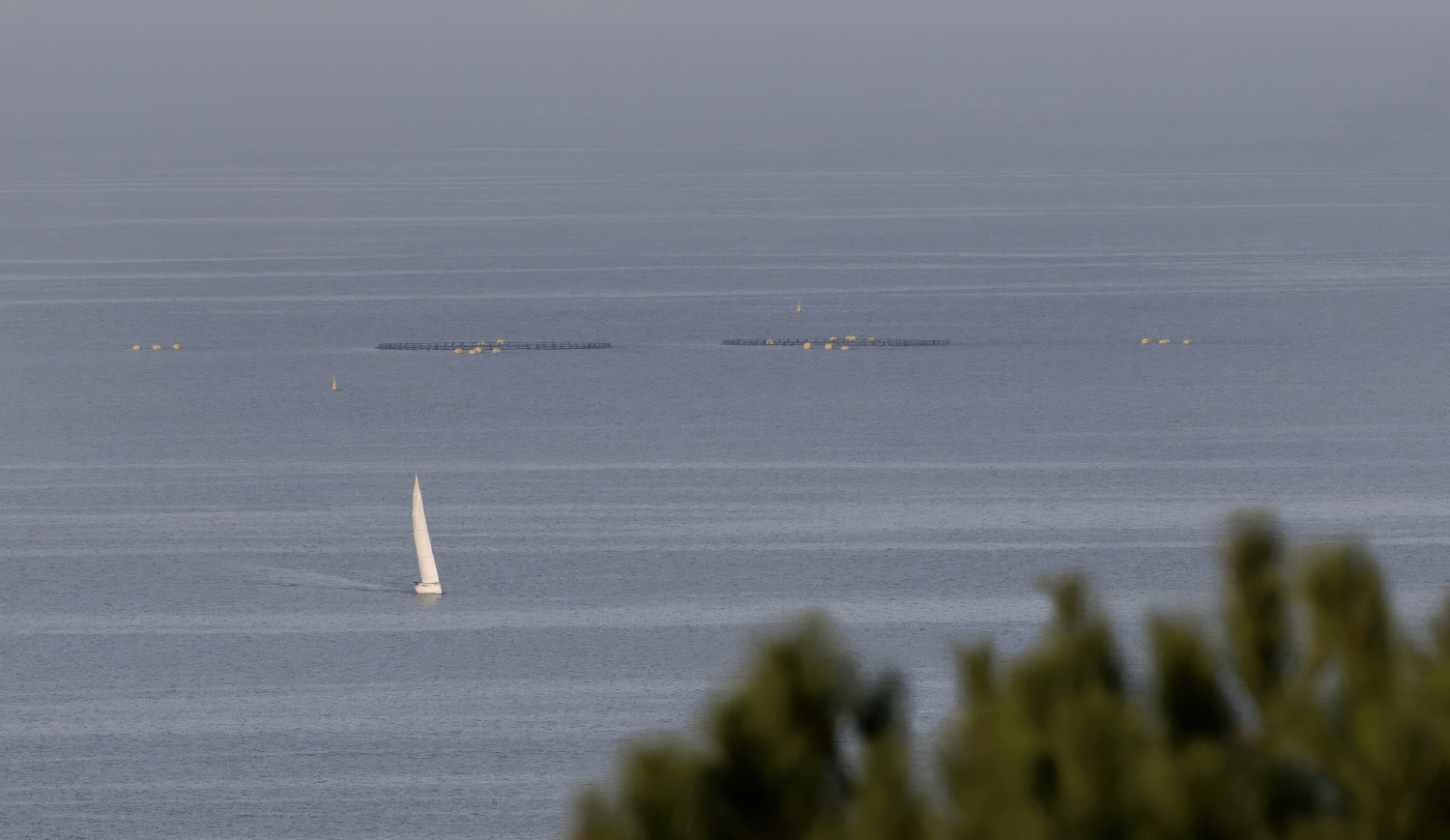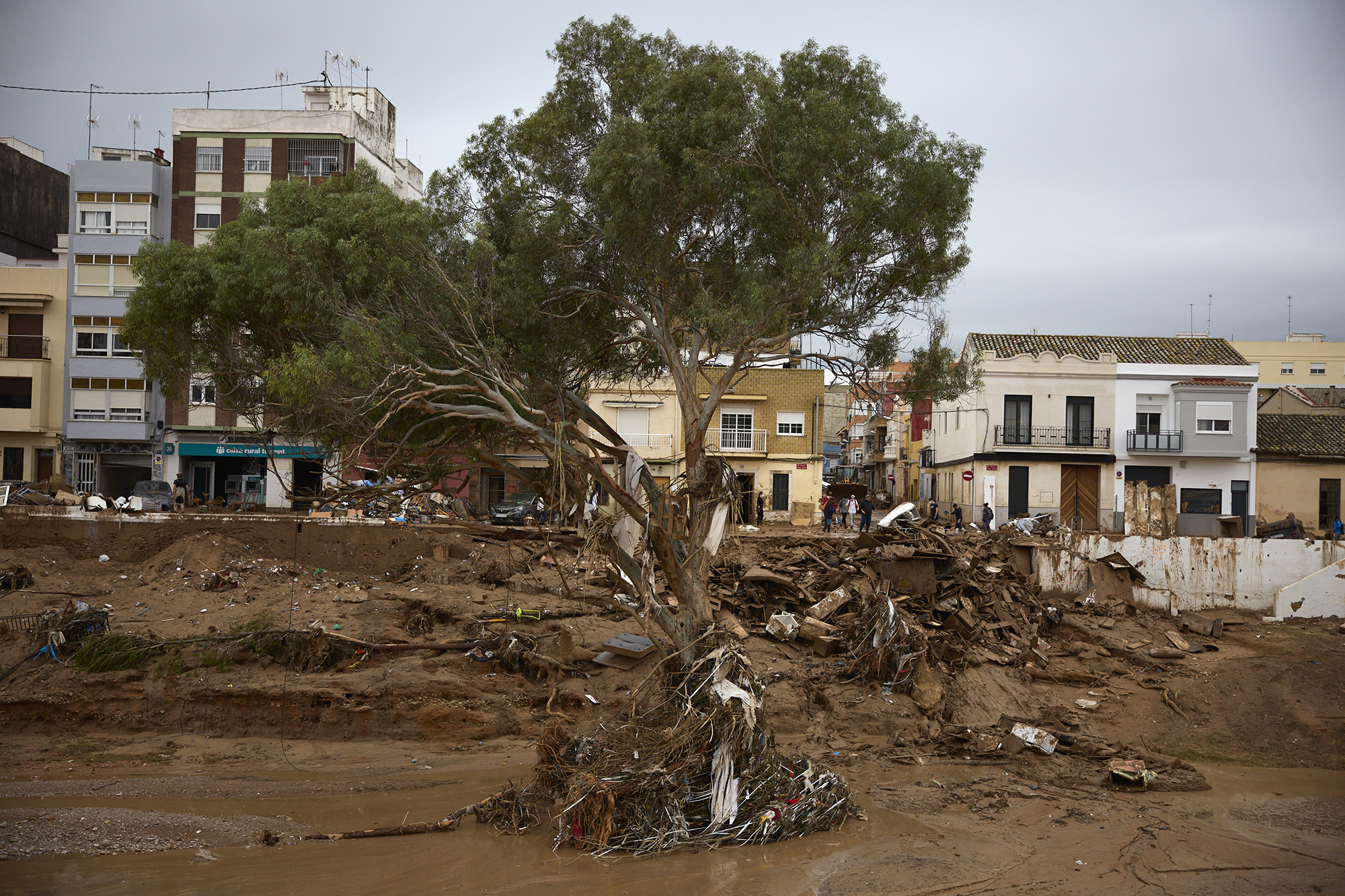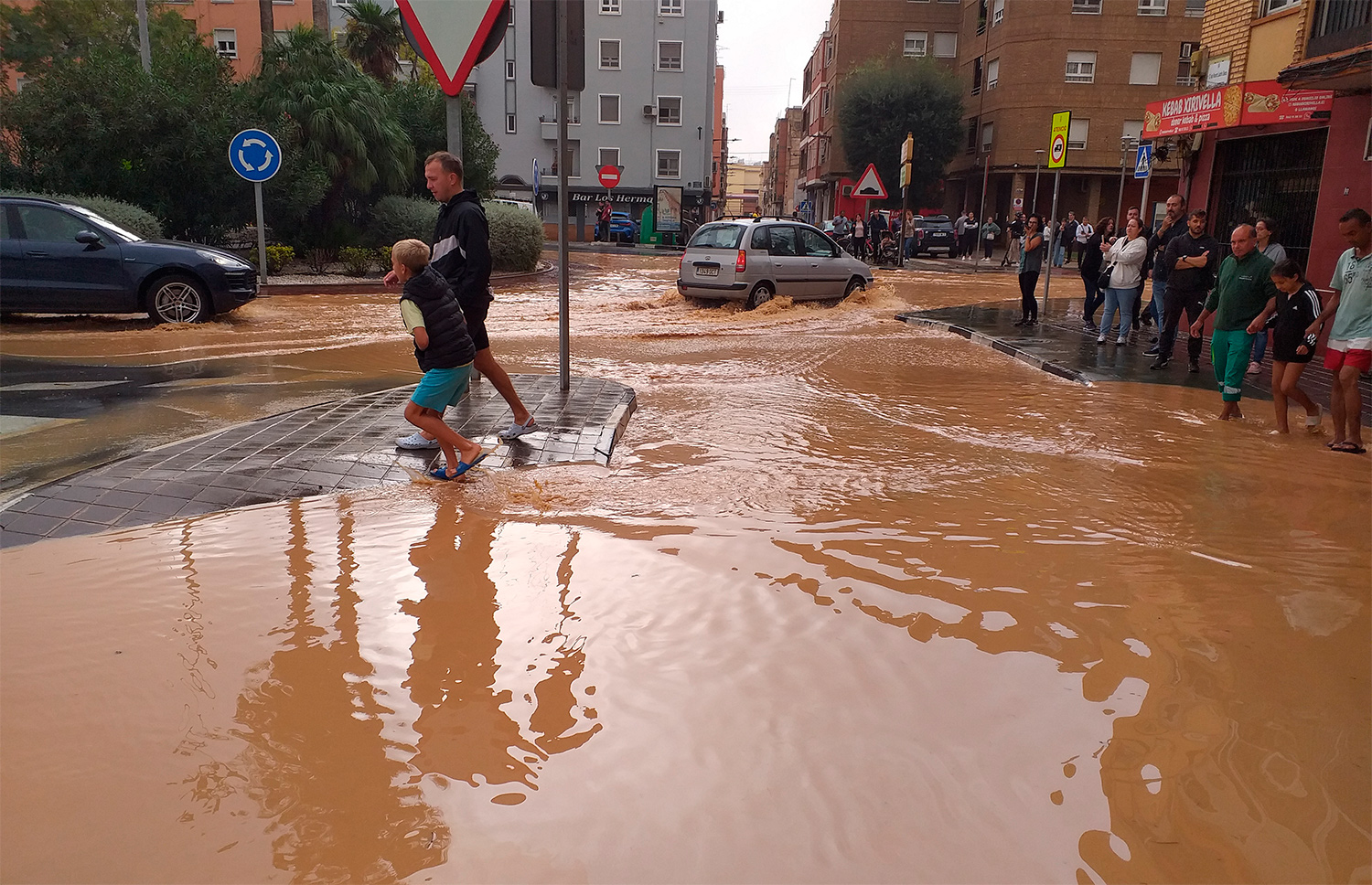Signatures against the modification of the Senpere Urbanization Plan
- Last year, the College voted on the project to renovate the Urbanization Plan. Despite the fact that the survey is still public, two professionals from the Ibarru neighborhood have started against it.

The production farm of Hazitik Lilia and the campsite Goietxea have launched the collection of signatures, both concerned about the possible consequences of their activity if the objective of adapting the Senpere urbanization plan materialises. The Spatial Planning and Planning Orientation (OAP) aims to build homes on 8.2 hectare land surrounding both companies.
The town faces 2028 to reform its urbanization plan, and in the projections for that period Senpere would have 1,280 more inhabitants. According to a report published by the school, 686 new homes would be needed to house them. The new plan would, therefore, liberate the land for the construction of new homes; within its scope, the current cultivated land in the Ibarrun district would be built for the construction of 162 homes (74 individual and 88 collective) in the coming years.
Since 2003, Mirentxu Doihenart has been working with her husband in the greenhouses near those lands and it is she who has started collecting signatures against the objective: “Surrounded by houses, we see our future very worrying.” He has listed the different causes of the concern: on the one hand, the noise of the different tools they use for their production, or the noise of the movements of customers, who fear the “complaints” of the potential new inhabitants. In addition, the channeling of the surrounding land towards the building is great, as “there can be no more opportunities from the point of view of development”. It also believes that it is a danger to the seeds they produce, as they store seeds from old plants in the Basque Country to replant them from one year to another, for example, in tomatoes, pumpkins or peppers. But it is clear that with the new homes they would be surrounded by orchards, and for this kind of seed they need to “make sure they don’t get contaminated with other external classes and, therefore, cross. You have to keep the cleanliness going, and we couldn't do that anymore."
One of the managers of the campsite Goietxea, Pascale Mazet, speaks with anguish: “Since the beginning of housing construction, the campsite has a maximum duration of five years to reach economic failure”. In his words, it is evident that the construction of so many dwellings will bring jobs for more than a summer, and the clicking of the works “are not compatible with the tranquility that the clients of the camping want”. In addition, after the construction of the dwellings, the same problems of coexistence as the farm are also mentioned: the noise of the dwellings, or that of the instruments that children make during the day in the campsite pool or for the maintenance of the camping. I therefore hinder everywhere.
Towards the public survey
After approval at the City Hall and at the Basque College, in December 2019, the dossier continues. Consultation of associated public persons, such as the Chamber of Agriculture or the State, which was to be carried out during the confinement, has been delayed for several months, then a public survey will be carried out and finally voted with or without adaptations (further changes are proposed in other Senpere neighbourhoods). The collection of signatures seeks to expedite the opinion of the two companies in the neighborhood, who have already been informed in advance by the mayor of Senpere, Pierre-Marie Nousbaum, and the president of the Basque Commonwealth, Jean René Etxegarai.
Another concern also joins Lilia and Goietxea de Hazi: that the channeling of the surrounding lands for construction does not allow them to expand their area and, therefore, “an obstacle to the transmission of the work tool”, in the words of Mazet. Therefore, during the submission of the petition, proposals are also made, such as the classification of the surrounding lands for cultivation.

“The request has come a little late regarding the negotiation of the urbanization plan”
“This part of the town development plan was voted on in the town council last November and on the public school council in December. This dossier is now in the hands of a public inquiry and we await the results of the public survey. The request is made now, but there has been no news since last December; it has come a little later regarding the negotiation of the modification of this urbanization plan. It is the logical succession of those votes that is happening now, that is, from the public survey, that the confinement has delayed.”
Hirietako egunerokoa interesatzen zaio Sarah Babiker kazetariari; ez, ordea, postaletako irudia, baizik eta auzoetan, parkeetan, eskoletan, garatzen den bizitza; bertan dabilen jendea. Lurralde horretan kokatzen dira bere artikuluak, baita iaz argitaratu zituen bi lanak ere... [+]
A prestigious architect comes from London to a small Galician town. It is David Chipperfield, a building with offices in Berlin, Milan and Shanghai, and has a large team of buildings. An elegant, refined architecture, made by a Sir. The story begins in the village of Corrubedo... [+]
In recent weeks it has not been possible for those of us who work in architecture that the climate phenomenon of Valencia has not been translated into our work discourse. Because we need to think about and design the path of water in decks, sewers, plazas and building parks. We... [+]
To have a car (private) in Japan it is mandatory to have a parking (private). The measure seems controversial, as the regulation (the securities systems here) allows the occupation of spaces where the car deposit is public. That is, the problem is conceived as a responsibility... [+]
I have few friends with a European feeling, I do not know whether Europeity becomes an identity. But when we travel to Europe, a friendship may emerge, because the main areas of territoriality that are taking place in Europe and in Europe are shared, where it is decided to... [+]




















